The Evidence-Based Approach to Building Confidence in CPG Leadership

My client was shaking during her first CPG director interview.
"I don't have confidence," she told ...
How to Break Into Target Companies (Without Waiting for a Job Posting)
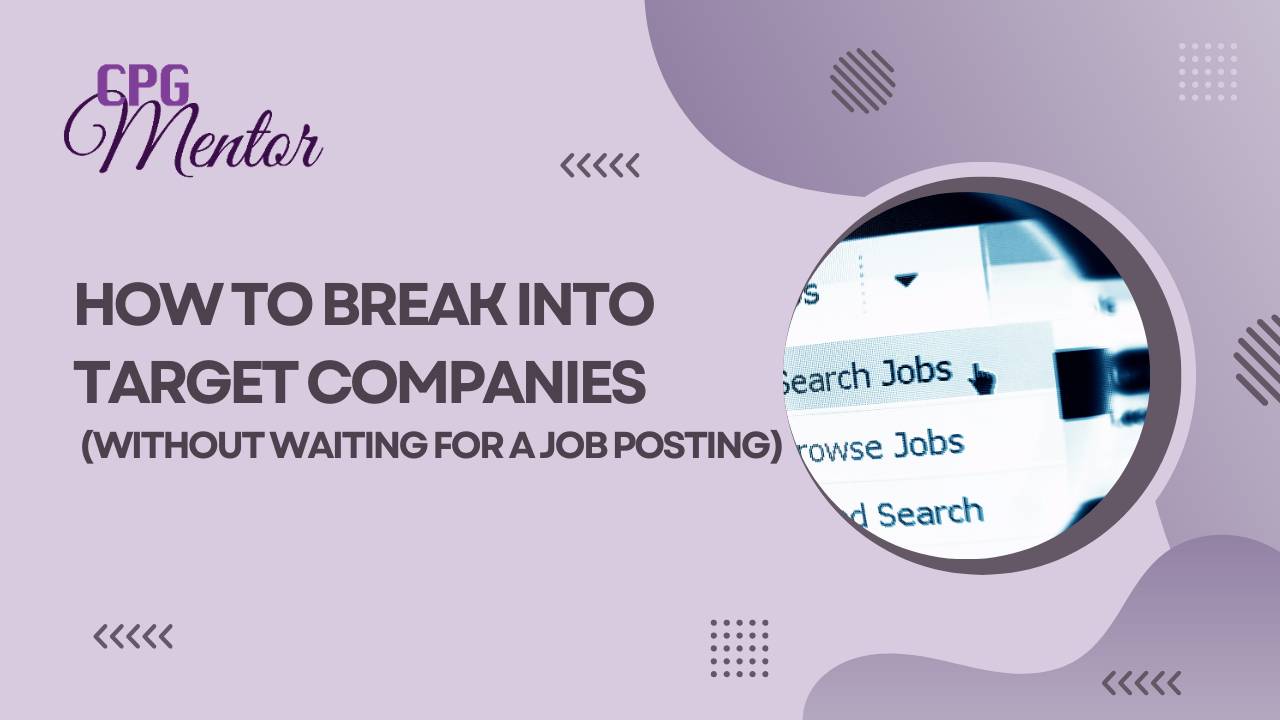
The Best Roles Aren’t Always Posted. Here’s How to Get on Their Radar Anyway.
If you’re building a ...
Networking Isn’t Just for Job Seekers — It’s a Career Skill for Everyone
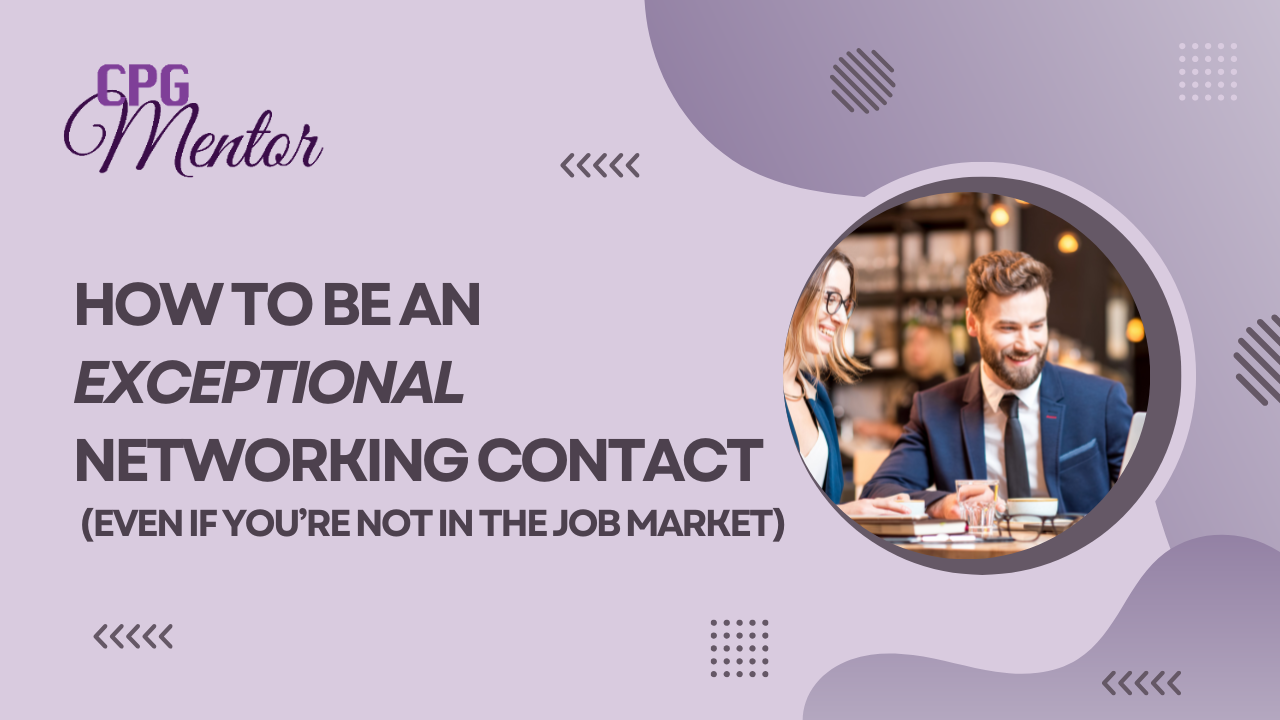
If you're not actively job searching but want to support others in your network who are, you may won...
Why Collaboration Beats Competition in a Job Search

When you're in a job search, it’s easy to feel like you're competing with everyone around you. But w...
What to Do When You’ve Been in the Job Search Longer Than Expected
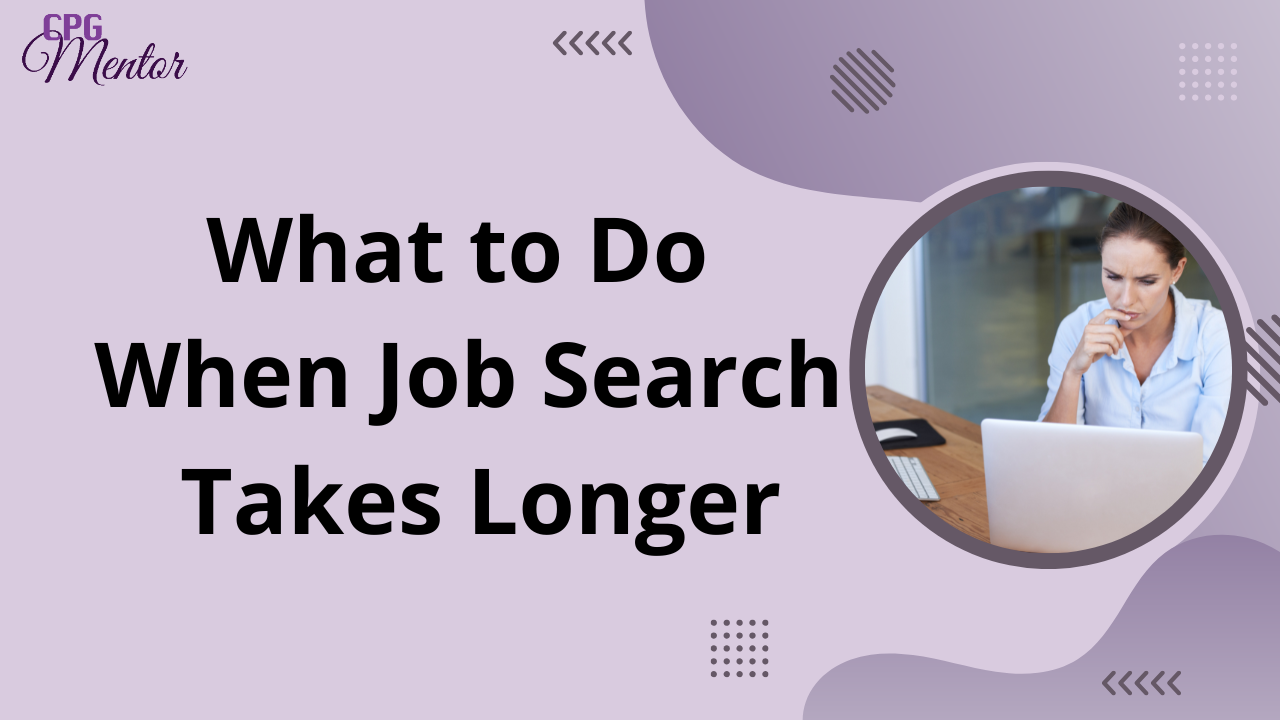
You’re Not Failing — You’re in the Middle of the Process
If your job search has taken longer than y...
How to Network as an Introvert (and Actually Enjoy It)

Networking Doesn’t Have to Feel Forced, Awkward, or Exhausting
If you’re an introvert, you’re proba...
The Mistake Job Seekers Make When Talking About Their Value (And What to Do Instead)
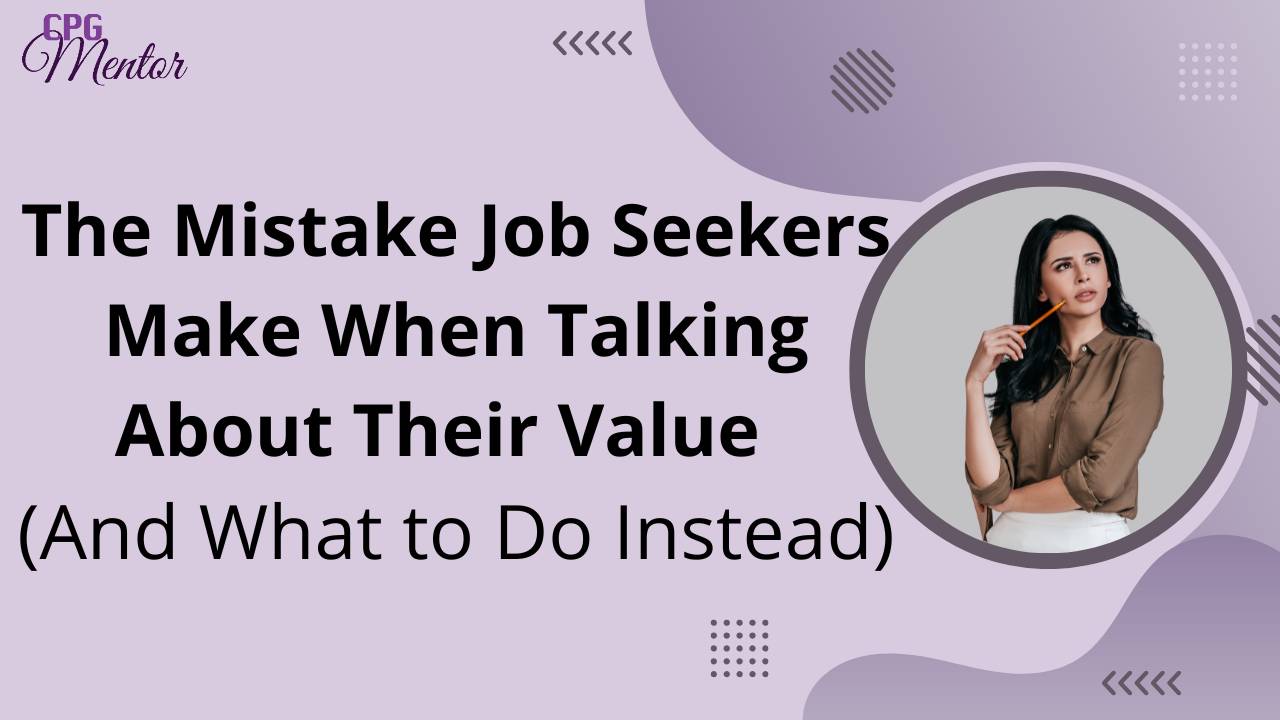
If You’re Listing Job Duties in Interviews, You’re Missing the Point
One of the most common mistake...
"I Don’t Know What I Want to Do Next": How to Figure It Out When You Feel Stuck

Feeling Stuck Doesn’t Mean You’re Lost—It Means You’re Ready for Clarity
If you’re in a job search ...
Why Companies Hire You– For the Future—Not the Past
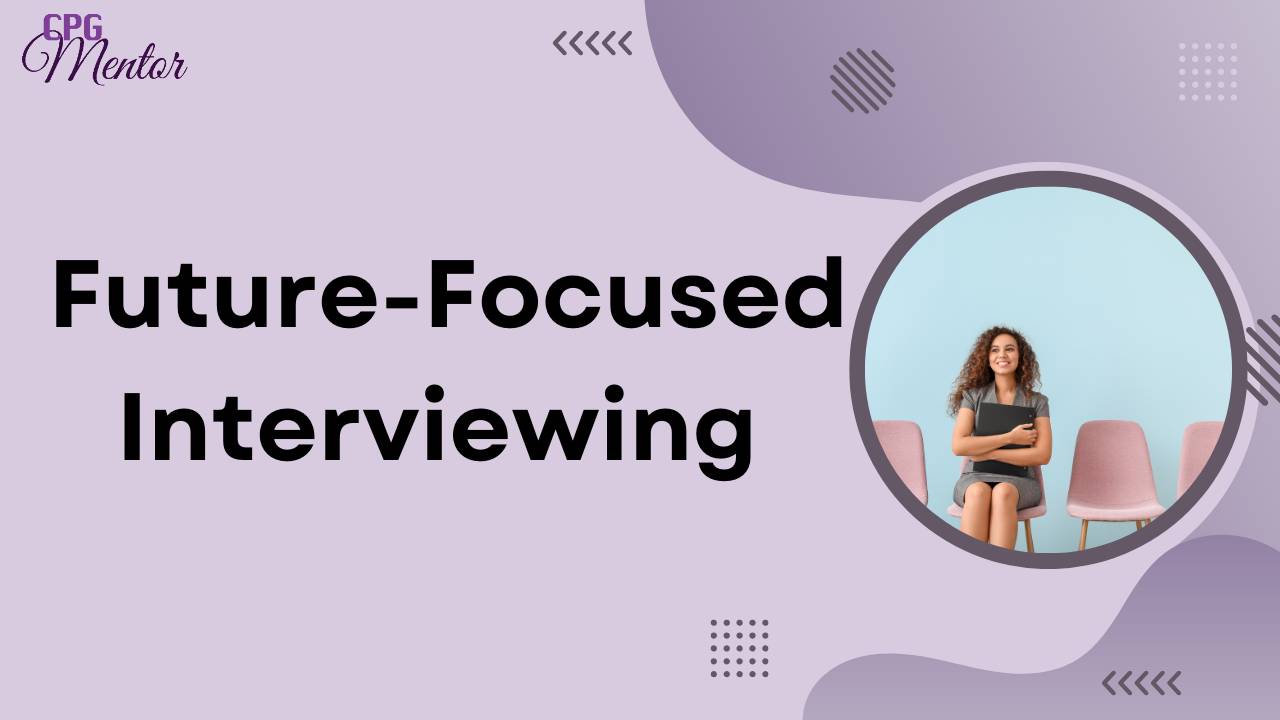
Job seekers often spend too much time proving where they’ve been instead of showing where they can t...
Winding Down Your Job Search: What to Do After You’ve Accepted an Offer

Your Job Search Isn’t Over the Moment You Say “Yes”
You’ve done it. After months of networking, in...
